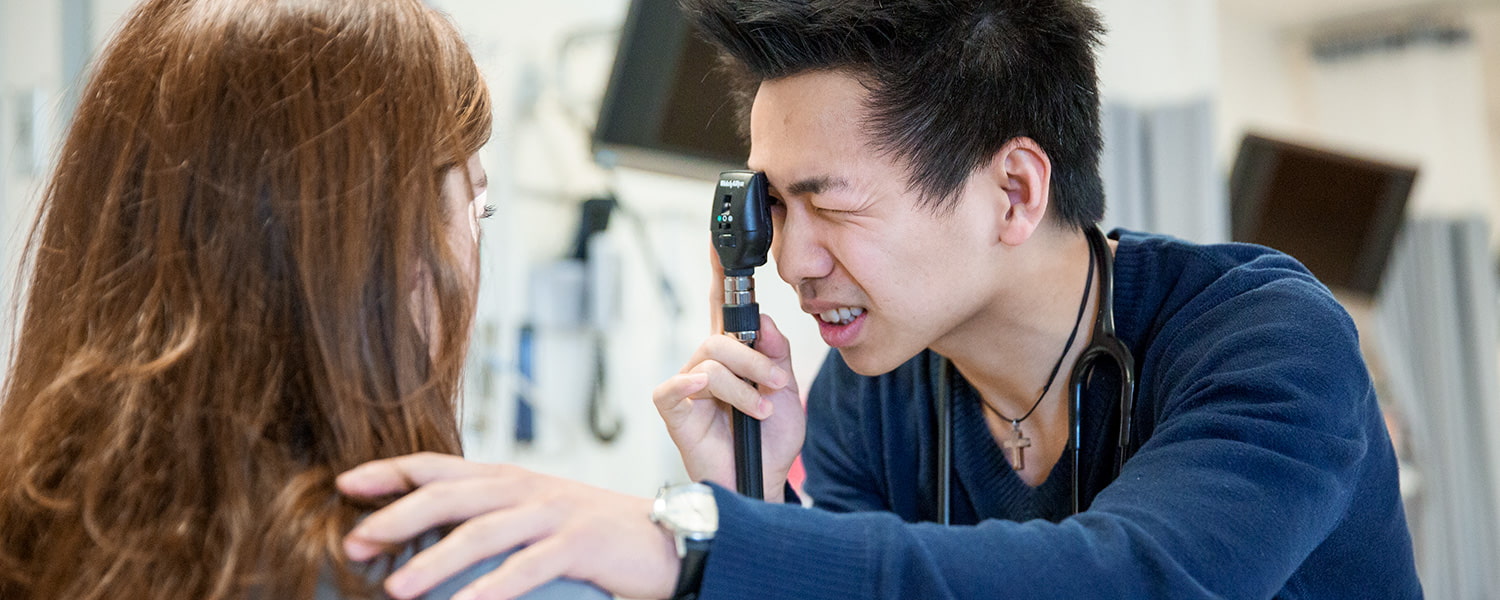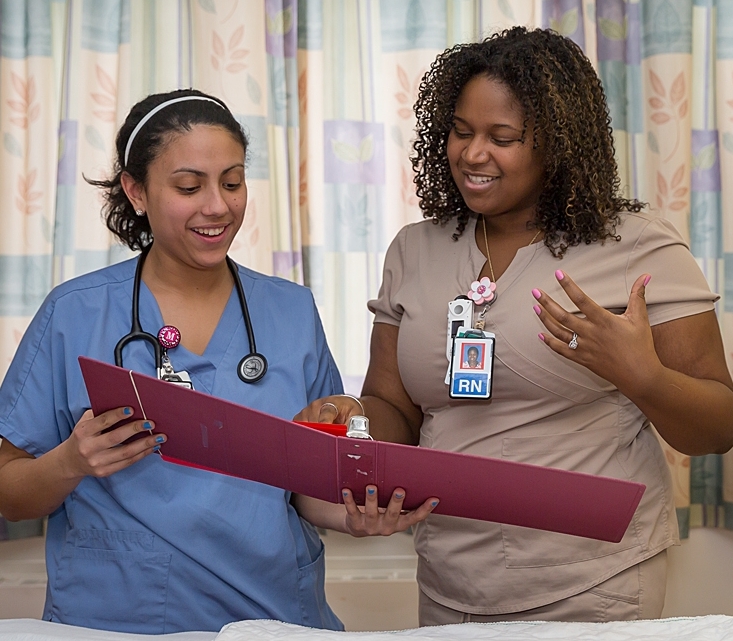


Working with real patients is an invaluable part of every nursing student's experience, regardless of their speciality or career goals. At the Connell School, you'll gain access to incredible learning opportunities through clinical placements in world-class hospitals, innovative community care facilities, and public health departments, with seasoned mentors to guide you every step of the way.
Ted Hannigan
Assistant Dean
Clinical Placements and Community Partnerships
617-552-2833
Where will I be placed?
It depends on your degree track and area of specialization. Most undergraduate students are placed in hospital settings in the Boston area while master's and doctoral students complete their placements in a variety of settings, including hospitals, clinics, and smaller health care centers that match their areas of interest. Our program directors maintain connections with more than 85 clinical partners in the Boston area to ensure a broad range of settings to choose from.
When will I start?
Undergraduate students begin clinical placements their sophomore year. Direct entry graduate students begin in the fall of their first semester. Master's and D.N.P. students work with the graduate programs office to plan for their clinical experiences in sequence with their course work.
How many hours will I spend in clinical rounds?
1,000 hours for undergraduates and D.N.P. students. 500 hours for master's students.
Will all of my clinical experience take place off-campus?
A portion of your clinical hours may include practice in our Simulation Lab, where you'll work with live actors and manikins before treating real patients.
How will I find a preceptor?
We have connections and will help you find one! Our program directors and clinical experience staff work hard to match each graduate student with a preceptor who shares their area of interest. You are encouraged to bring ideas forward regarding clinical settings and desired learning outcomes.
Many graduate students cite their relationship with their preceptor as a formative part of their educational experience. At the Connell School, we work hard to match you with a supportive preceptor who shares your interests and career background.
“By getting a firsthand example of what nurse practitioners do, students can see the limitations, the possibilities, and how they might push the boundaries of what it means to be a nurse practitioner.”

Longwood Medical Center, home to several of the nation's top hospitals.
Develop and apply your advanced clinical skills in some of the most prestigious learning environments in the nation. Our partners include top-ranked teaching hospitals and community agencies representing a variety of care settings—from mental health centers to school health clinics—so you'll be matched with a placement that fits your interests.
Our more than 85 clinical partners include:
Addiction Treatment Center of New England
Atrius Health
Beth Israel Lahey Health
Boston Children's Hospital
Boston Health Care for the Homeless Program
Boston Medical Center
Brigham and Women's Hospital
Cristo Rey Boston High School
Dimock Center
Fenway Health
Franciscan Children's
Hebrew SeniorLife
Joslin Diabetes Center
Lynn Community Health Center
McLean Hospital
Shriners Children's Boston
Signature Healthcare
South Boston Community Health Center
Spaulding Rehabilitation Network
VA Boston Healthcare System
#1
*U.S. News & World Report 2024-25 Rankings
#2
#8
#4

Preceptors are essential to our students’ success, and receive a variety of benefits, including continuing education credit.
Pictured: CSON student and her preceptor at the VA Boston Healthcare System.